News
-
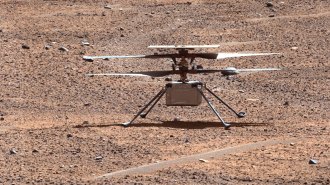 Planetary Science
Planetary ScienceNASA’s Ingenuity helicopter officially ends its mission on Mars
NASA’s Ingenuity helicopter suffered damage during a recent flight and has ended its mission on Mars after nearly three years on the Red Planet.
By Adam Mann -
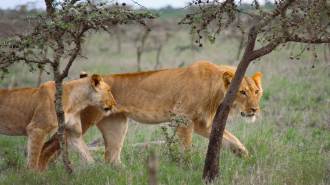 Ecosystems
EcosystemsHow an invasive ant changed a lion’s dinner menu
An invasive ant is killing off ants that defend trees from elephants. With less cover, it’s harder for lions to hunt zebras, so they hunt buffalo instead.
-
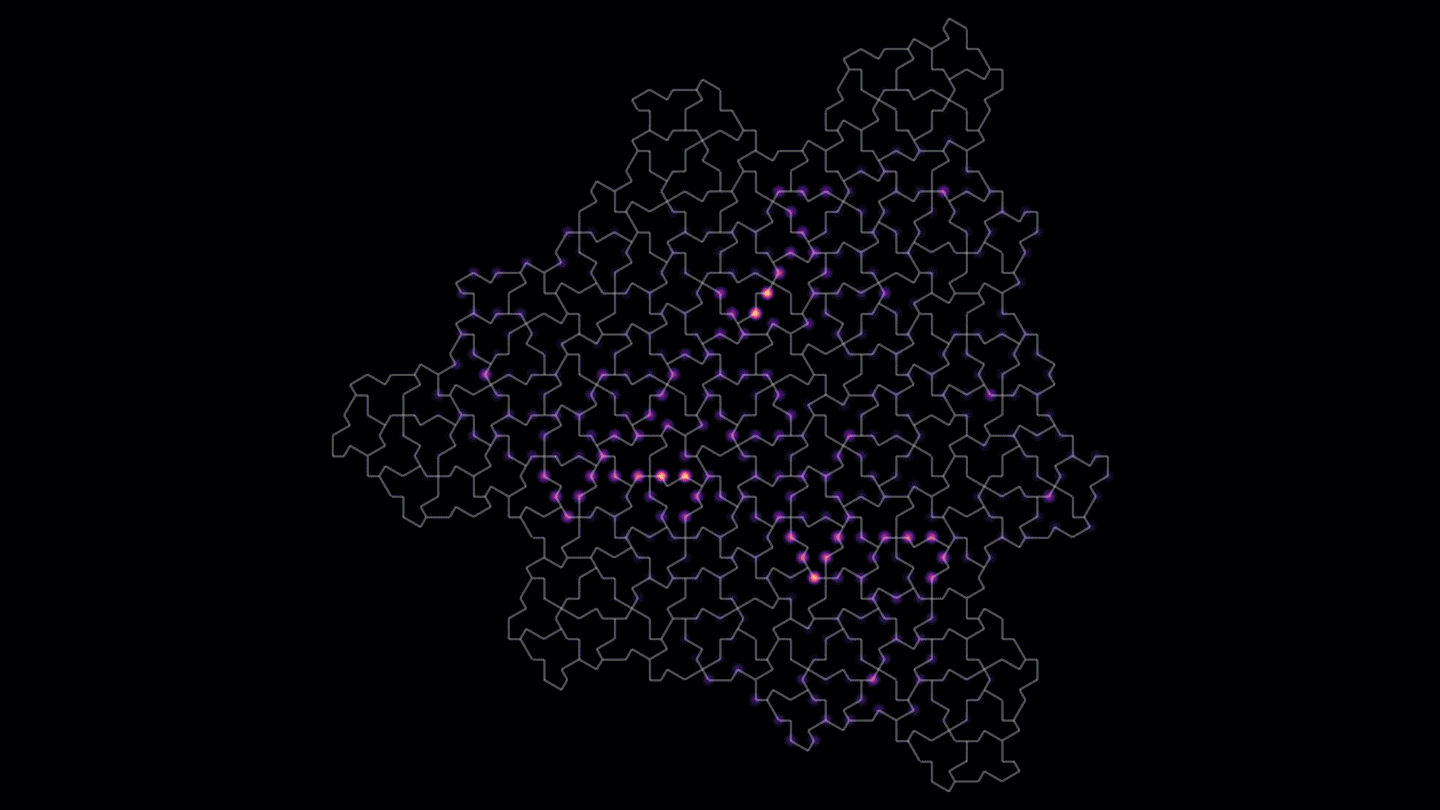 Physics
PhysicsA predicted quasicrystal is based on the ‘einstein’ tile known as the hat
The einstein tile can cover an infinite plane only with a nonrepeating pattern. A material based on it has features of both crystals and quasicrystals.
-
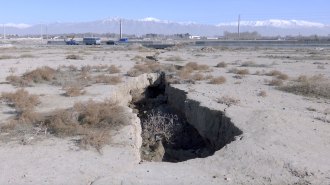 Earth
EarthMany but not all of the world’s aquifers are losing water
Many aquifers are quickly disappearing due to climate change and overuse, but some are rising because of improved resource management.
-
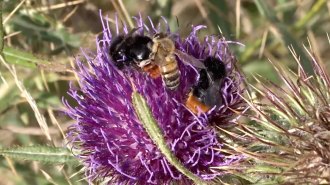 Life
LifeSome honeybees in Italy regularly steal pollen off the backs of bumblebees
New observations suggest that honeybees stealing pollen from bumblebees may be a crime of opportunity, though documentation of it remains rare.
-
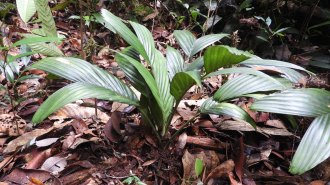 Plants
PlantsThis first-of-its-kind palm plant flowers and fruits entirely underground
Though rare, plants across 33 families are known for subterranean flowering or fruiting. This is the first example in a palm.
-
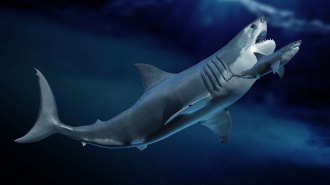 Life
LifeMegalodon, the largest shark ever, may have been a long, slender giant
The ancient shark is typically imagined with the scaled-up stout frame of a modern great white. But in life, the giant may have been more elongated.
By Jake Buehler -
 Space
SpaceAstronomers have snapped a new photo of the black hole in galaxy M87
The Event Horizon Telescope image shows material around the black hole has moved, but other aspects remain the same, proving Einstein is right again.
By Adam Mann -
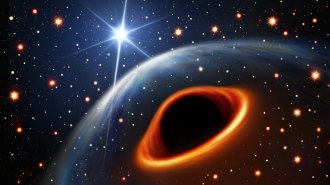 Astronomy
AstronomyAstronomers are puzzled over an enigmatic companion to a pulsar
The strange entity has a mass between that of a neutron star and a black hole. It’s either one or the other or something else entirely.
By Adam Mann -
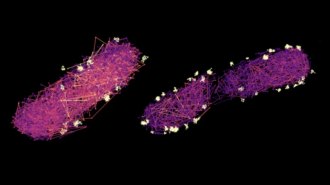 Life
LifeHow disease-causing microbes load their tiny syringes to prep an attack
Tracking individual proteins in bacterial cells reveals a shuttle-bus system to load tiny syringes that inject our cells with havoc-wreaking proteins.
By Elise Cutts -
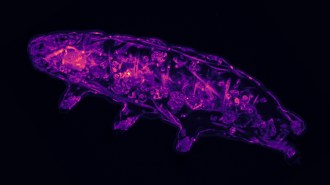 Chemistry
ChemistryHere’s how tardigrades go into suspended animation
A new study offers more clues about the role of oxidation in signaling transitions between alive and mostly dead in tardigrades.
-
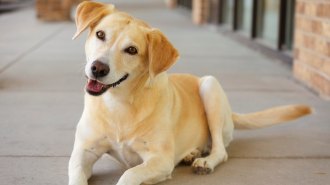 Animals
AnimalsSome mysteries remain about why dogs wag their tails
Wagging is a form of communication, with different wags meaning different things, but scientists know little about the behavior’s evolution in dogs.
By Jude Coleman